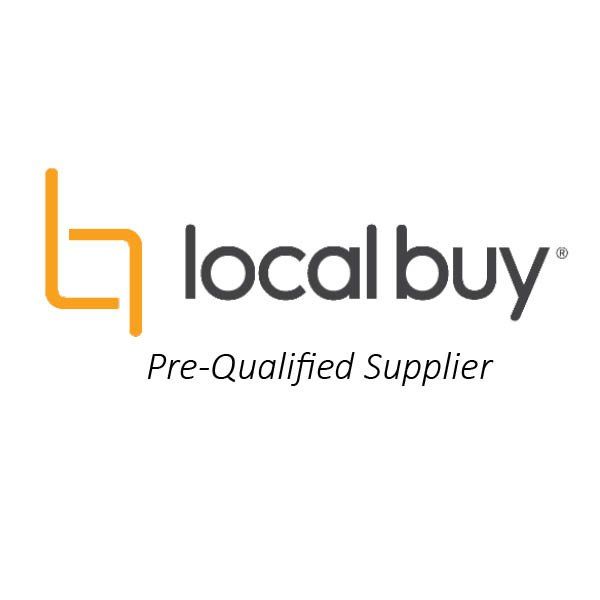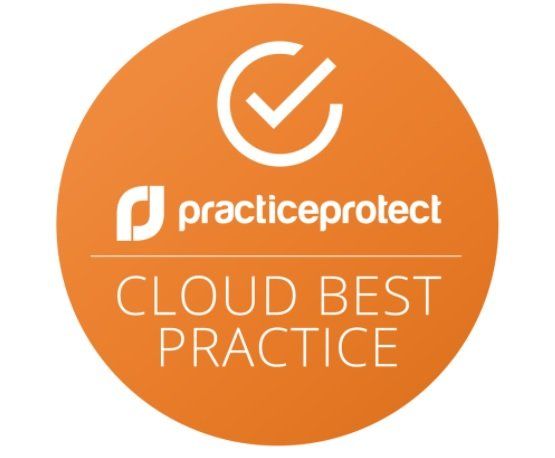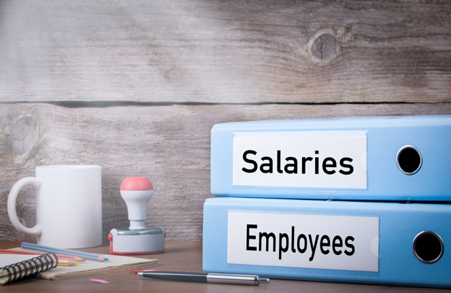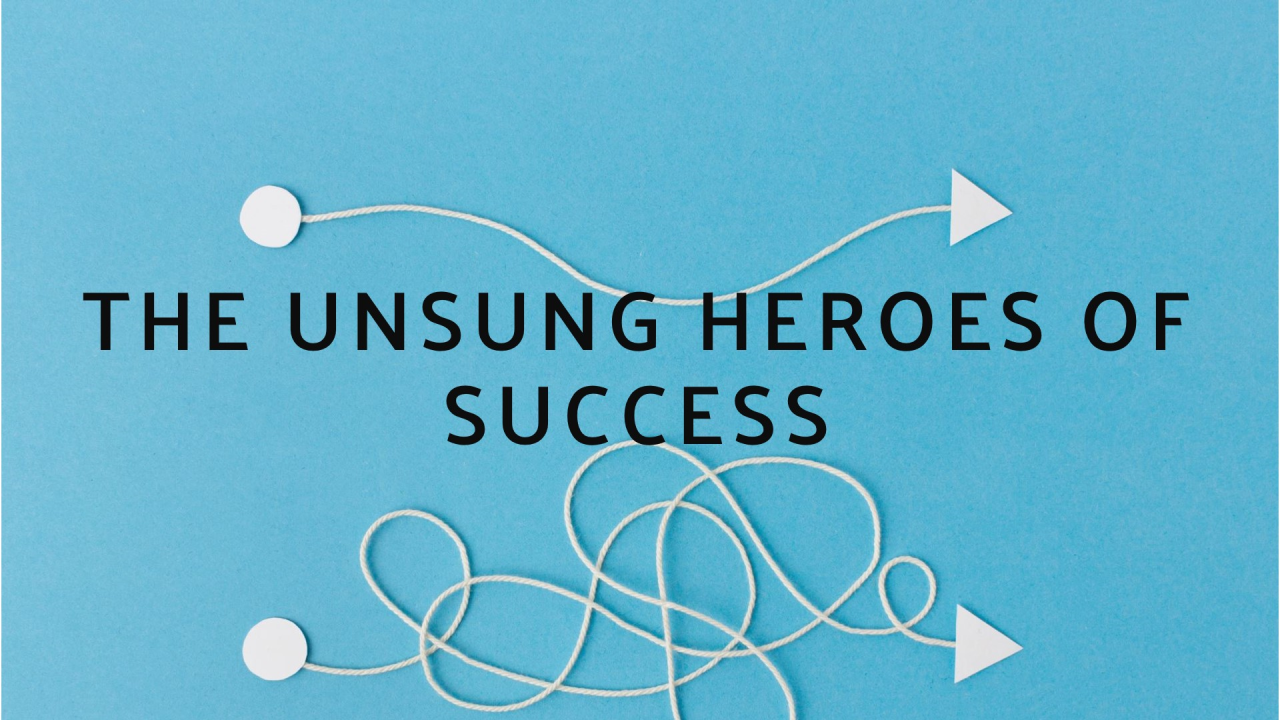How to be a good employer (1 of 3)

How to be a good employer (1 of 3)
In order to be a good employer, you first have to know what an employee wants. Your first task is to listen. As Richard Branson says -
“Listen deeply and always act with empathy”.
Different employees might tell you that they want higher wages or a company car or flexible working hours or weekend work or no weekend work, overtime or no overtime, fringe benefits or the option to work from home, a path to promotion, extended leave, fringe benefits and so on. As the economics textbooks say, human wants are endless.
The above wants are all legitimate and you would do well to try to deliver them to the extent the budget and workload allows. However, the most important want is something else. Here it is.
Employees want to feel safe.
I am not so much referring to physical workplace health and safety. That is virtually taken for granted these days. Even if employers are not empathetic, the big stick encourages them to comply with workplace health and safety rules. Nowadays, nobody pours concrete into the walls of a five-storey building without scaffolding or a harness.
I am focusing on other forms of safety. For example, employees want to feel safe from bullying. whether by bosses, fellow workers, customers or the public. There are insidious forms of bullying such as being sent to Coventry. Listen deeply.
Employees want to feel safe to use their initiative, safe from recriminations if they make a mistake, safe to tell the boss if he or she makes a mistake.
Safety is like money and sex in one respect. Those who say these things are not really important are mostly those who have plenty. I have sadly witnessed even people with strong personalities reduced to wrecks when they are continually made to feel unsafe.
The overwhelming reason why you should keep your employees safe is because it is common decency. However, there is icing on the cake. A safe employee is a more productive employee. When I first started work, one of my duties was to do the payroll for seventy employees. One of them would, without fail, come in on payday and argue that she should have been paid more. If I did make a mistake in the pays it would usually be with hers. It was not a coincidence. I now understand that I was so worried about her coming in that I was not wholly focused on the calculations (which were all manual in those days).
I will bet that you have said, or have heard others say “It would have to be him” or “It would have to be her”. You know why.
The type of employer who says “I am the boss. You do what is say.” is now a dinosaur or at best a very small operator. If your business is to grow, you must delegate, otherwise you become the bottleneck. Employees will not use their initiative if they do not feel safe to do so. You will have to make all the decisions yourself and as you are unlikely to be the only perfect person on earth your own resources will be limited. There will be a threshold where your business will start to grind down. Trust your employees and if they make a mistake, well…..
Next time. The no-blame workplace.
Our Services
a
Businesses
Business Advisory
Rural Accounting
Tax Planning
Accounting Software
Business Start-up
Business Structure
Company Administration
a
Personalise
Tax Returns
Superannuation
Trusts
Rental Property
Estate Planning
Succession Planning
a
Community
Clubs and Associations
Grant Applications
Contact Us
a
Office Location
68 Ash Street, Barcaldine QLD 4725
Postal Address
PO Box 104, Barcaldine, QLD, 4725
Phone: 07 4651 1341
Email: admin@walshaccounting.com.au
ABN:
59 330 650 357
 CPA
CPA
 NTAA
NTAA
 Tax Agent
Tax Agent
 Local Buy
Local Buy
 PracticeProtect
PracticeProtect
 MYOB Gold Partner
MYOB Gold Partner
 Xero Silver Partner
Xero Silver Partner










